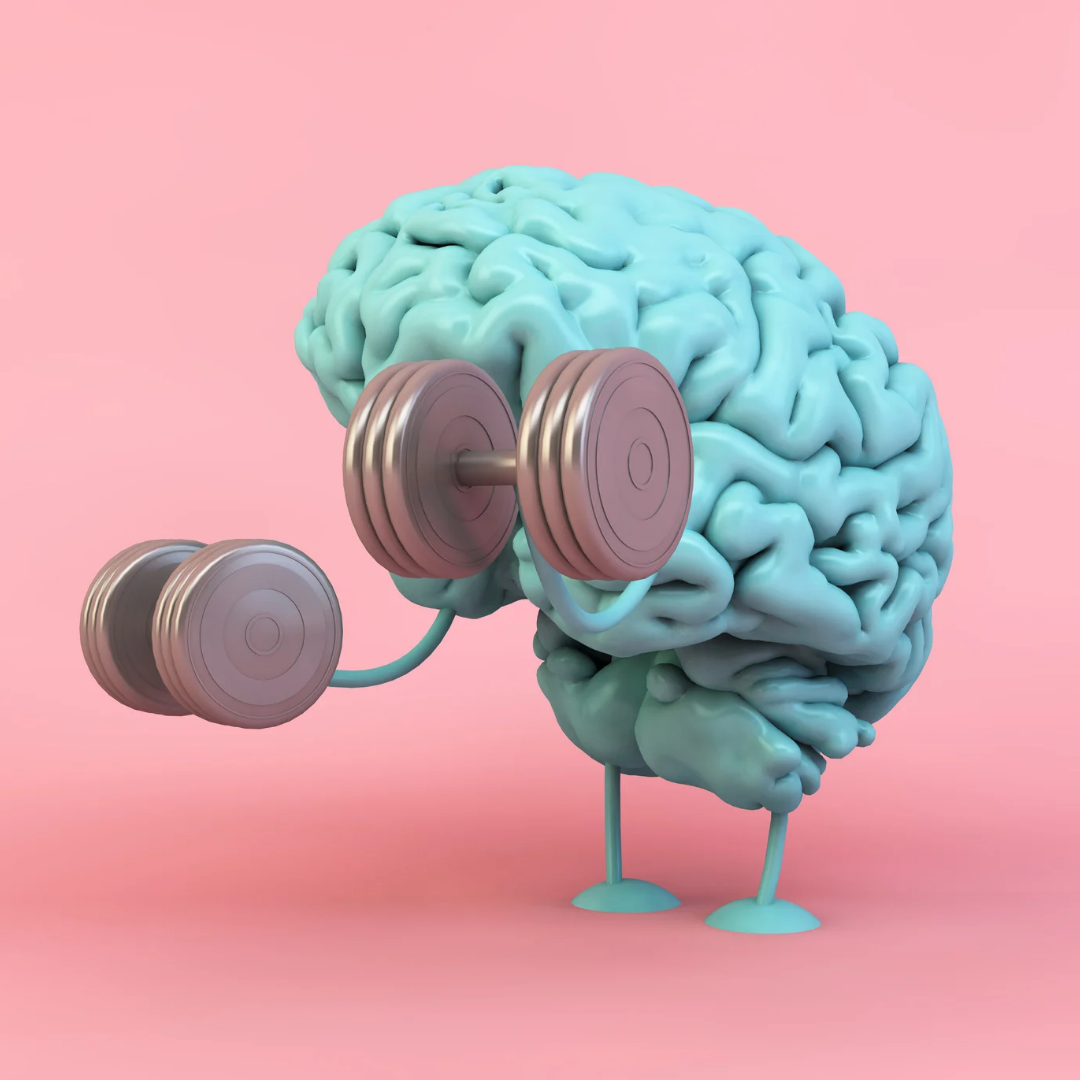Title: Breaking the Cycle: Addressing Gang Rape Among Teens
- FGwellness

- Jul 30, 2024
- 4 min read

In recent years, the disturbing phenomenon of gang rape among teenagers has emerged as a pressing social issue. This terrible crime not only inflicts unimaginable trauma on victims but also highlights deep-rooted societal challenges. In this blog, we probe into the complexities surrounding gang rape among teens, exploring its underlying causes, devastating consequences, and potential avenues for prevention and intervention.
Understanding the Issue:
Gang rape, particularly among adolescents, is a deeply disturbing manifestation of power dynamics, peer pressure, and toxic masculinity. Often fueled by alcohol or drugs, these brutal acts are characterized by a group of individuals committing sexual assault against a single victim. The perpetrators, driven by a sense of entitlement and impunity, exploit vulnerabilities and exert coercive control over their victim.
Consequences for Victims:
The consequences of gang rape for victims are profound and far-reaching. Beyond the physical injuries, survivors often experience severe psychological trauma, including post-traumatic stress disorder (PTSD), depression, anxiety, and suicidal ideation. Also, due to the increase of sexually transmitted diseases (STD) it means that there is a danger of being left with untreatable or treatable STDs. Emotional scars inflicted by such violence can endure for a lifetime, impacting every aspect of the survivor's well-being and sense of self-worth.
Challenges in Addressing the Issue:
Addressing gang rape among teens presents numerous challenges, including underreporting due to fear of retaliation or social stigma, inadequate support services for survivors, and systemic failures within the criminal justice system. Moreover, societal attitudes that normalize or trivialize sexual violence perpetuate a culture of silence and impunity, further exacerbating the problem.
Prevention and Intervention Strategies:
Effective prevention and intervention strategies must be multifaceted and address both individual and systemic factors. This includes:
Comprehensive Sex Education: Implementing age-appropriate and inclusive sex education programs that promote healthy relationships, consent, and respect for boundaries.
Empowering Youth: Providing young people with the knowledge, skills, and resources to recognize and challenge harmful gender norms, peer pressure, and coercive behavior.
Supportive Services: Enhancing access to trauma-informed care, counselling, and advocacy services for survivors of gang rape, while also prioritizing their safety and well-being.
Legal Accountability: Strengthening laws and policies to ensure swift and just prosecution of perpetrators, as well as holding bystanders accountable for their complicity or inaction.
Community Engagement: Fostering community partnerships, awareness campaigns, and dialogue to challenge rape culture, promote bystander intervention, and support survivors.

Things to Avoid When Going Out:
Drinking excessively: Avoid consuming large quantities of alcohol, as it can impair judgment and make you more vulnerable to predatory behavior.
Accepting drinks from strangers: Be cautious when accepting drinks from people you don't know or trust, as they could potentially be spiked with drugs.
Leaving drinks unattended: Always keep an eye on your drink and never leave it unattended, even for a short period of time.
Going alone to unfamiliar places: Whenever possible, go out with a group of friends and avoid going to unfamiliar places alone, especially late at night.
Ignoring gut feelings: Trust your instincts and leave any situation that feels uncomfortable or unsafe.


What to Do if You Suspect You Have Been Drugged:
Trust your instincts: If you start feeling unusually intoxicated or disoriented after consuming a drink, trust your instincts and act.
Seek help immediately: If you suspect you have been drugged, seek help from a trusted friend or a staff member at the venue.
Move to a safe location: If possible, move to a safe and public location away from the person who may have drugged your drink.
Call for assistance: If you are experiencing severe symptoms or are in distress, seek immediate help by calling a trusted family member /friend or medical services.
Preserve evidence: If you suspect foul play, try to preserve any evidence by keeping the drink or any containers it came in for testing.
Report the incident: Report the incident to the authorities and provide them with as much detail as possible about what happened. It may not change what happened, but justice needs to be done to stop it from happening to the next person.

If you were drunk or stoned at the time of the rape: Don’t let that stop you from reporting the matter and getting medical treatment – being intoxicated is not a crime, rape is!
Remember, it is always important to prioritize your safety and well-being when going out. Trust your instincts, stay vigilant, and take proactive measures to protect yourself from potential risks. Let us pledgee to break the cycle of silence and impunity, and empower teens to build relationships based on respect, consent, and empathy.

Do not wash yourself or throw away your clothes, no matter how much you want to. There might be hair, blood or semen on your body or clothes that can be used as evidence of the rape. Put your clothes in a paper bag.
Together, we can make a difference.
Dealing with the police:
Initially, only a brief statement is required from you. Make sure you read over the statement before signing it. You can provide a more detailed statement later. Ask for a copy of your statement. If you fear retribution or intimidation from the rapist/s, make sure the police are aware of this and ask that the rapist not be allowed out on bail, or apply for a protection order.
At the police station you have the RIGHT to:
Make your statement in a private room.
Make your statement to a same sex officer (if there is one).
Make your statement in your own language.
Have a friend or family member with you for support.
HIV / AIDS: It is important to get antiretroviral (ARVs) within 72 hours of penetration, attempted penetration, oral sex or anal sex. You will also receive PEP (Post Exposure Prophylaxis) medication.
Help Line: 1347355#
For an emergency dial 2 (24/h free call)
Email: info@tears.co.za
Telephone Landline: 010 590 5920 (24/h landline, standard rates apply)




Comments